Hematology, Oncology and Transplantation Faculty

Assistant Professor of Medicine, Division of Hematology, Oncology, and Transplantation


Professor of Medicine, Division of Hematology, Oncology, and Transplantation





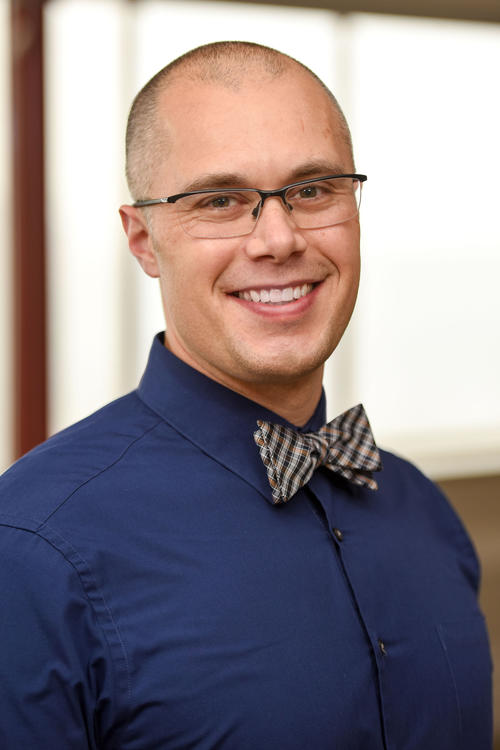
Associate Professor & Fellowship Program Director, Division of Pediatric Hematology and Oncology


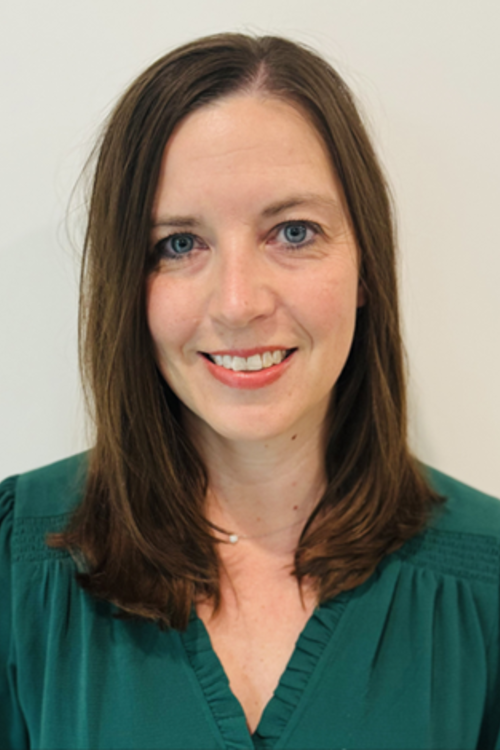
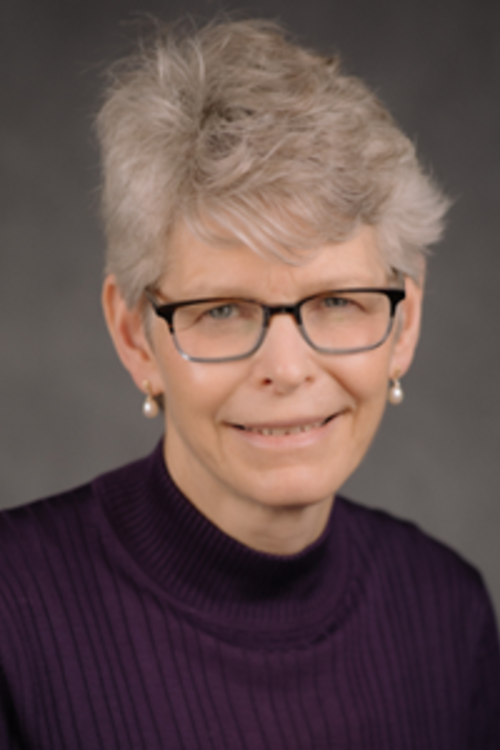

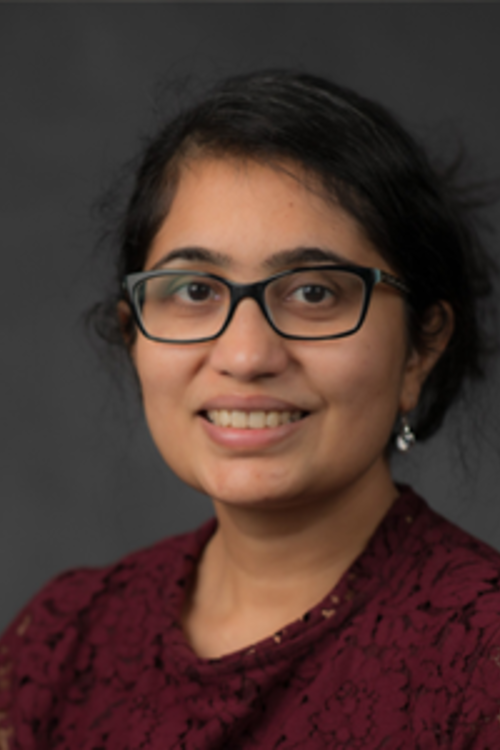

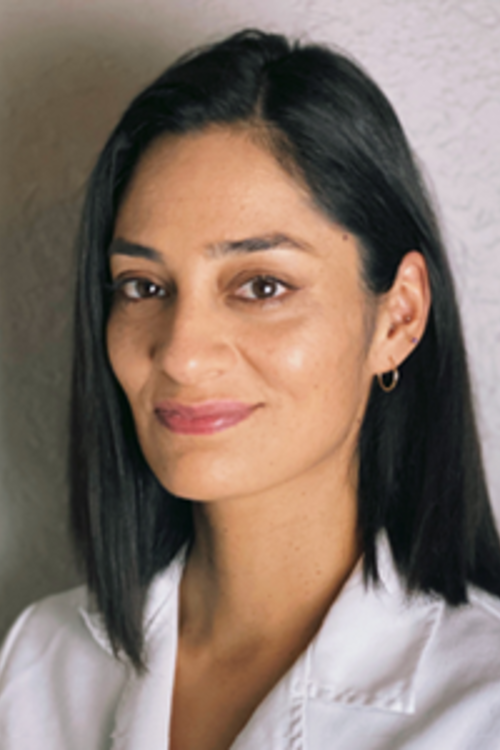


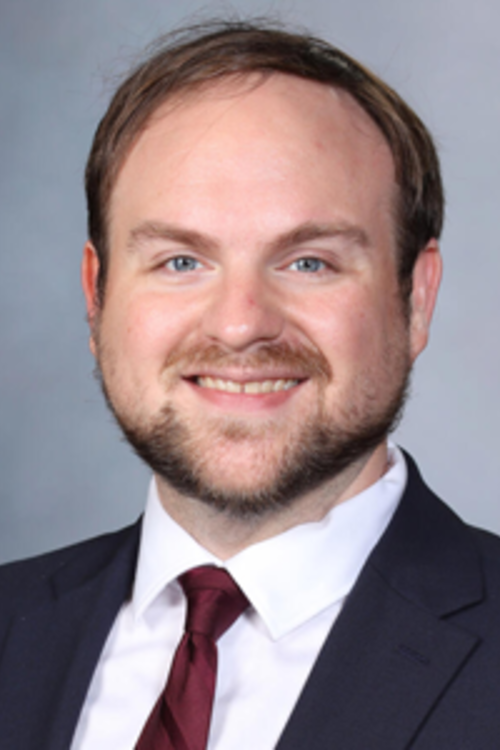

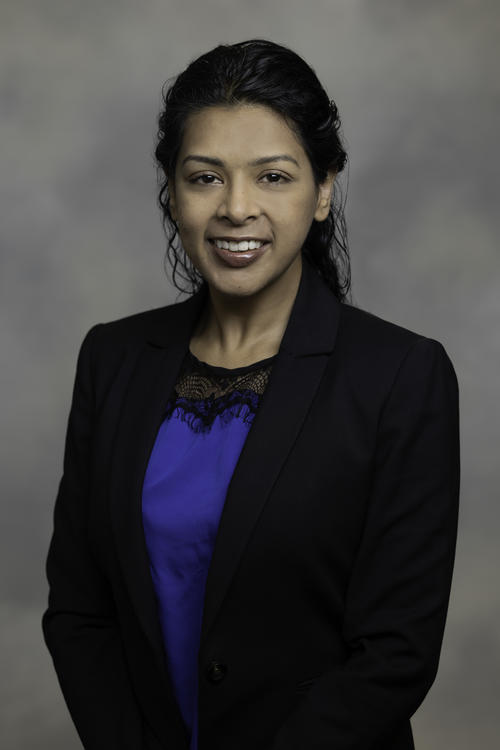
Assistant Professor of Medicine, Division of Hematology, Oncology, and Transplantation
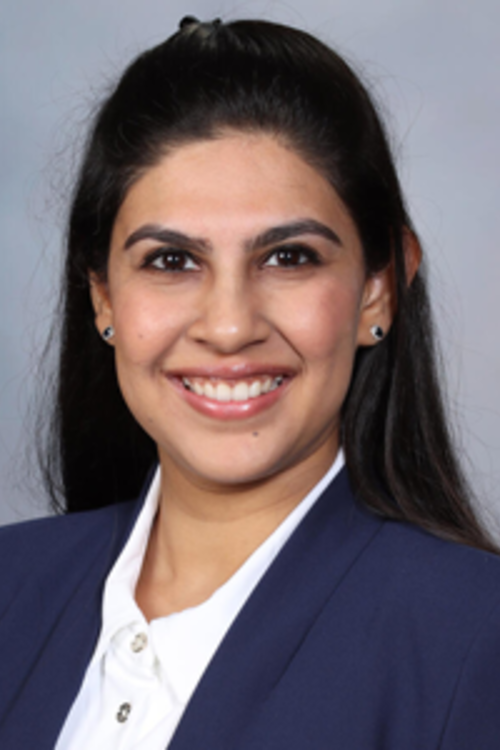

Assistant Professor of Medicine, Division of Hematology, Oncology and Transplantation

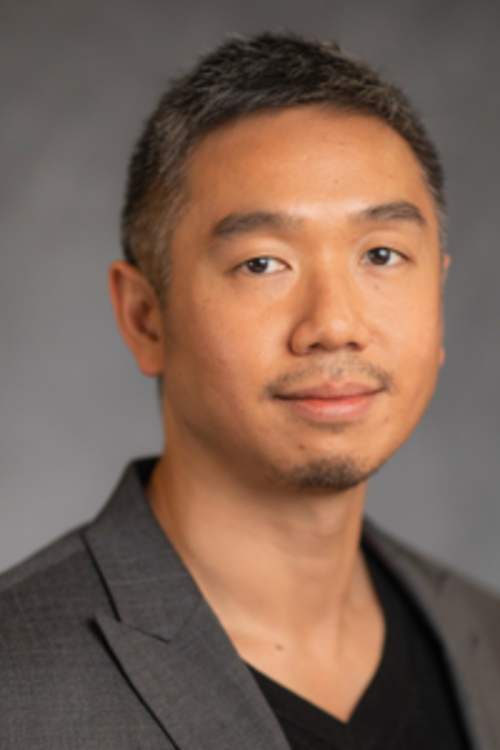
Assistant Professor of Medicine, Division of Hematology, Oncology, and Transplantation

Assistant Professor of Medicine, Division of Hematology, Oncology and Transplantation

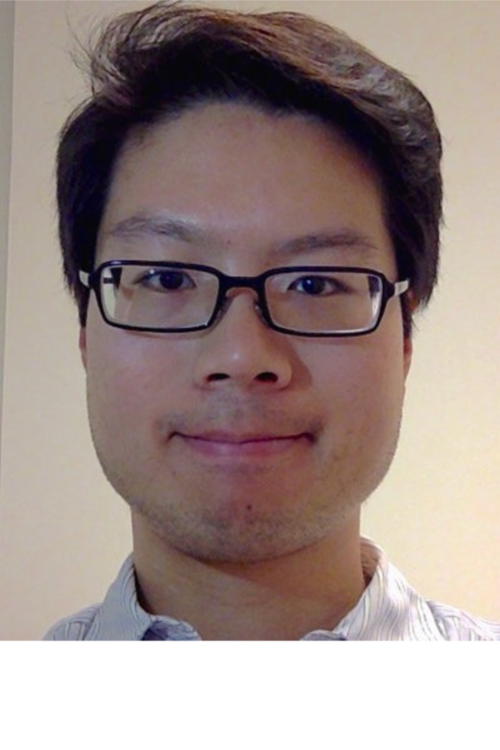
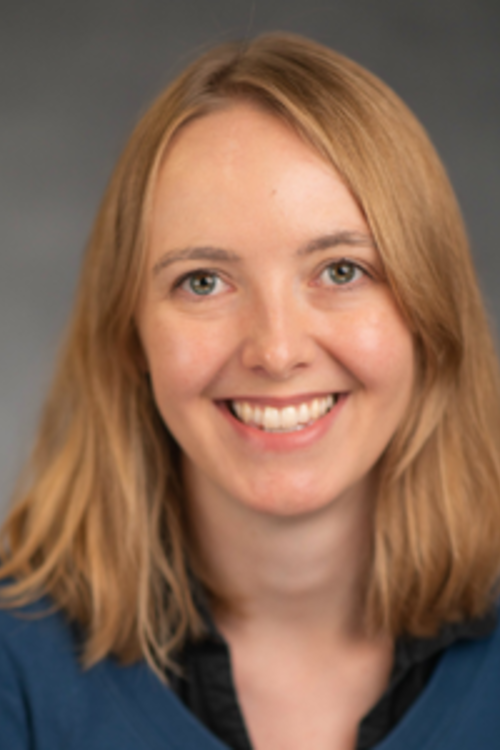


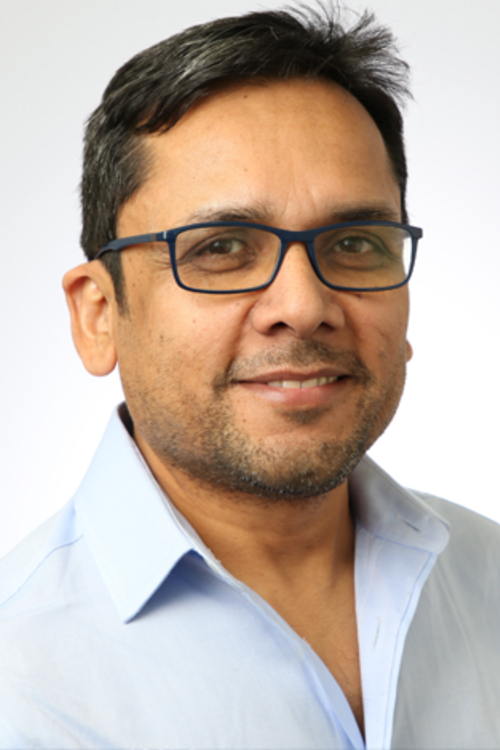
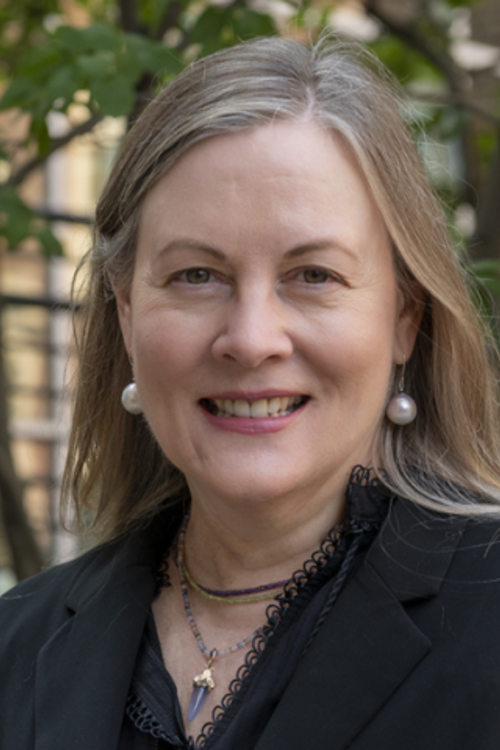
Professor of Medicine and Pharmacology (Joint Appointment)



Assistant Professor of Medicine, Division of Hematology, Oncology, and Transplantation
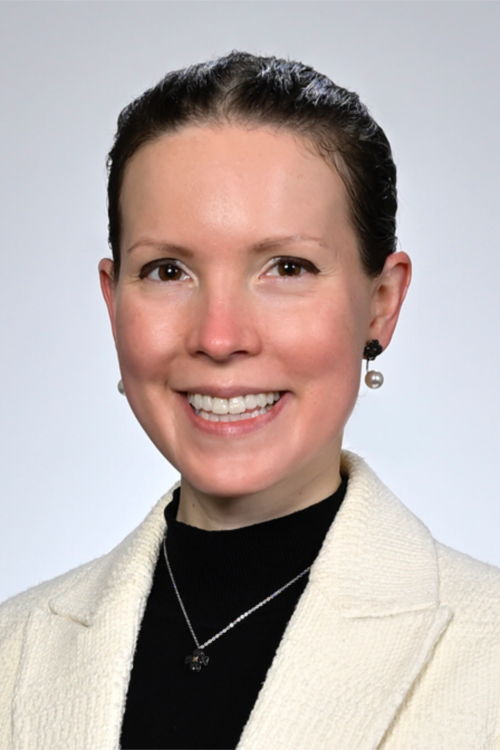
Associate Professor of Medicine, Division of Hematology, Oncology, and Transplantation

Associate Professor of Medicine, Division of Hematology, Oncology and Transplantation
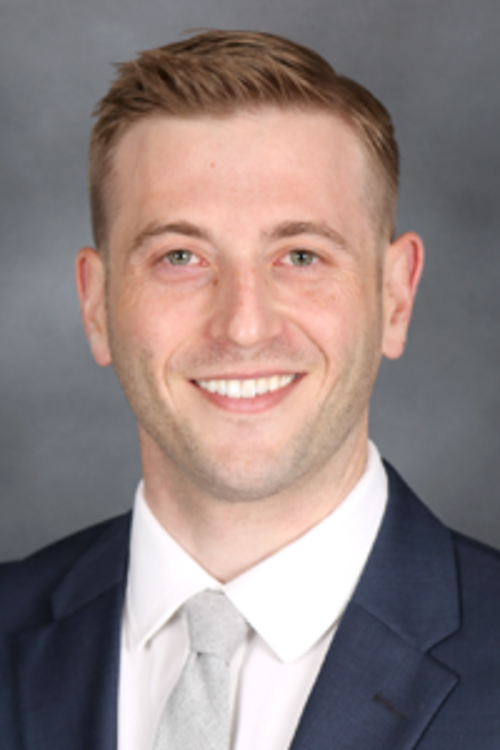
Assistant Professor of Medicine, Hematology, Oncology and Transplantation

Assistant Professor of Medicine, Division of Hematology, Oncology and Transplantation

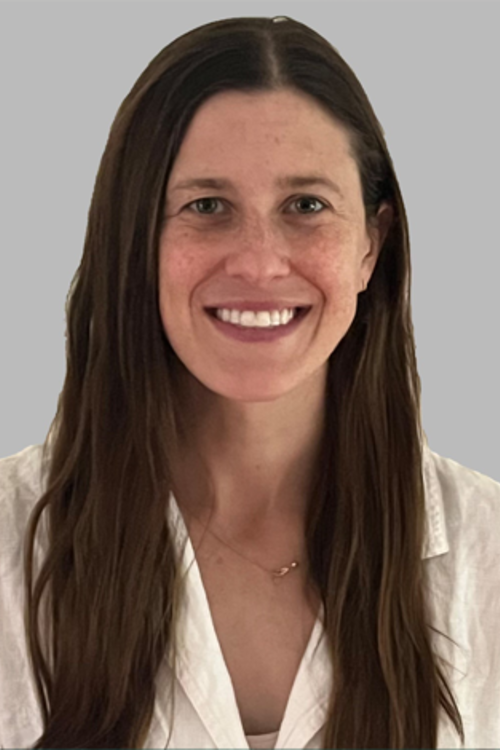

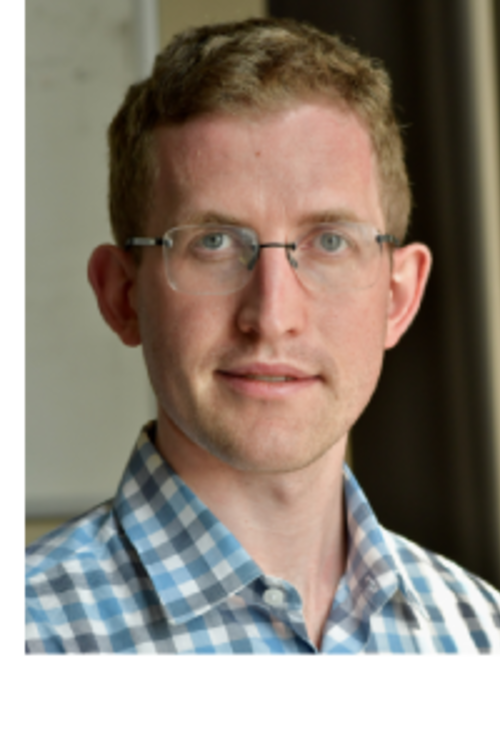
Assistant Professor of Medicine, Division of Hematology, Oncology and Transplantation
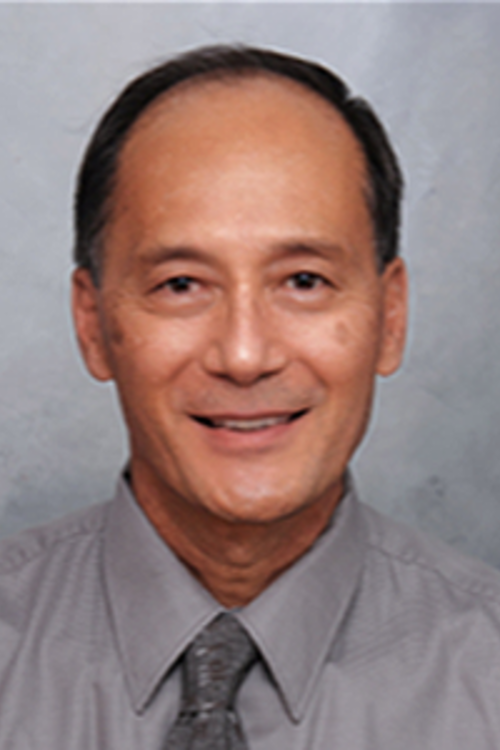

Associate Professor of Medicine, Division of Hematology, Oncology and Transplantation

Associate Professor of Medicine, Division of Hematology, Oncology and Transplantation

Professor of Medicine, Division of Hematology, Oncology and Transplantation

Assistant Professor of Medicine, Division of Hematology, Oncology and Transplantation
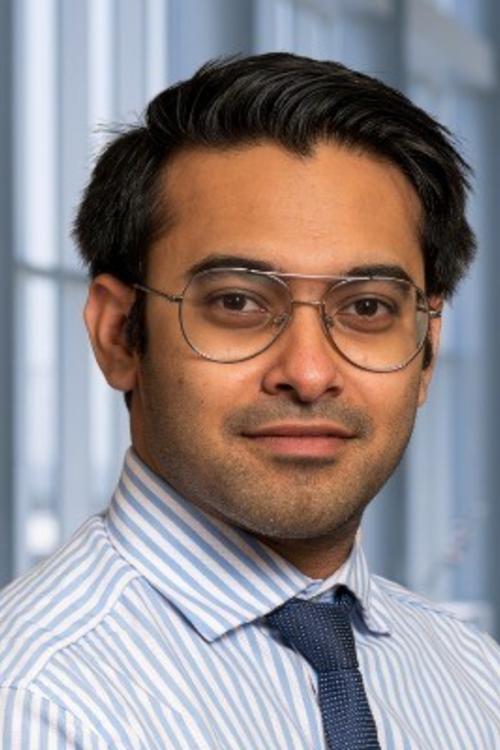
Assistant Professor of Medicine, Division of Hematology, Oncology, and Transplantation


Assistant Professor of Medicine, Division of Hematology, Oncology and Transplantation

Assistant Professor of Medicine, Division of Hematology, Oncology and Transplantation

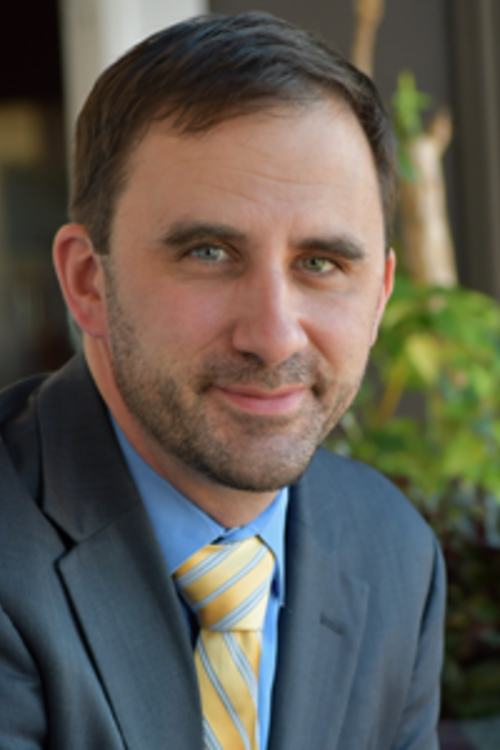
Assistant Professor of Medicine, Division of Hematology, Oncology and Transplantation

Professor of Medicine, Division of Hematology, Oncology and Transplantation

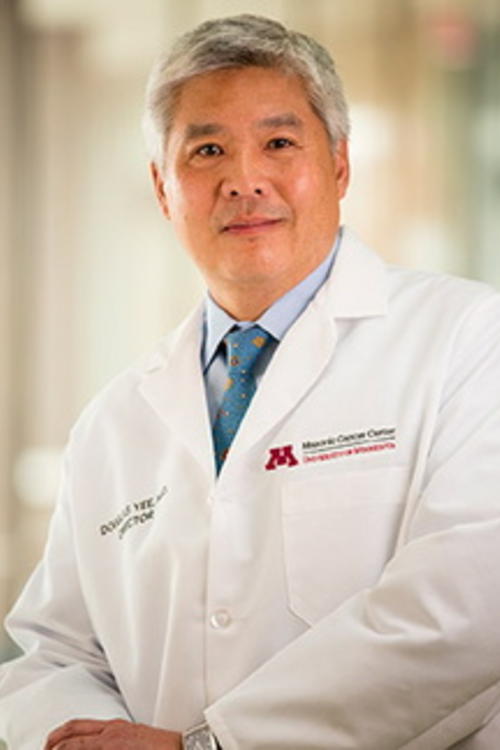
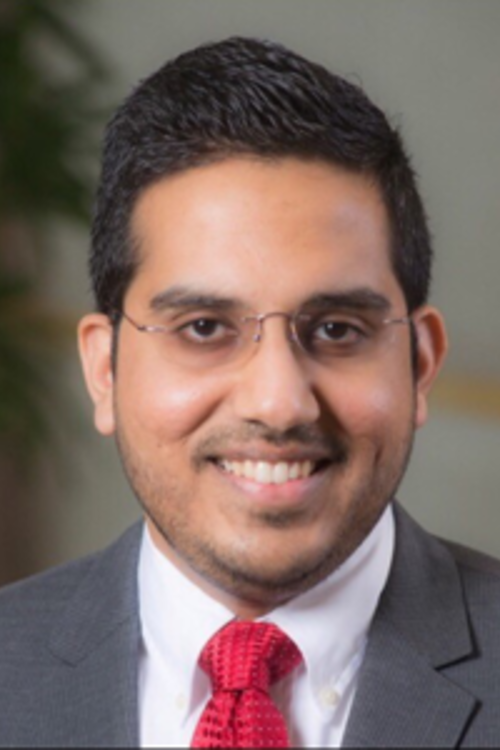

Assistant Professor of Medicine, Division of Hematology, Oncology and Transplantation